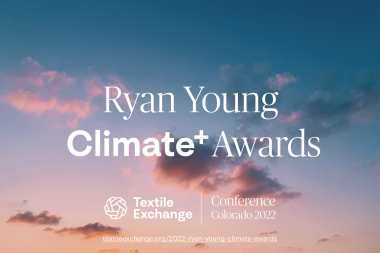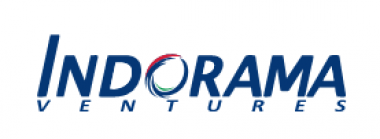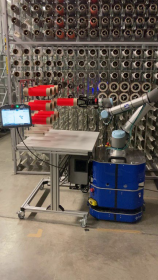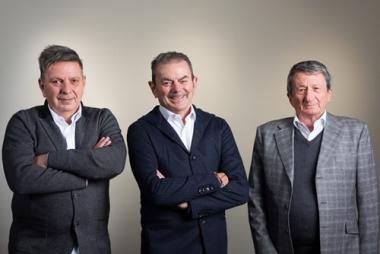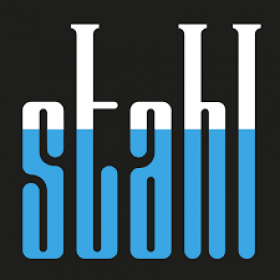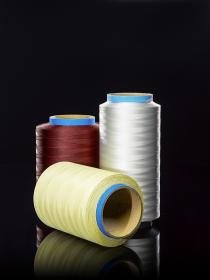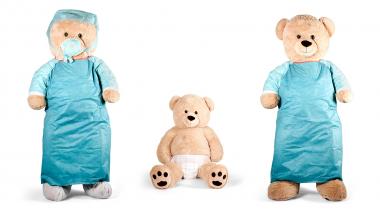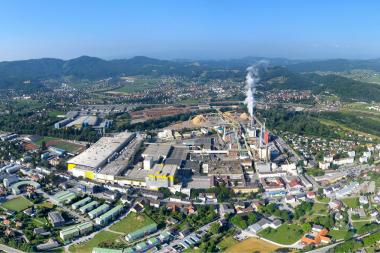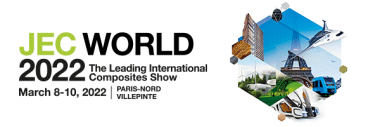The Ryan Young Climate+ Awards: Applications open by August 31
The second annual Ryan Young Climate+ Awards will take place this November 2022 at the annual Textile Exchange conference. Nominations are open until August 31, 2022.
The late Ryan Young, Textile Exchange COO from 2017-2020, is the inspiration behind Textile Exchange’s Climate+ Strategy, which is for the organization to serve as “a driving force for urgent climate action,” with a goal of 45% reduced CO2 emissions from textile fiber and material production by 2030. Ryan’s bold and courageous spirit defined what Textile Exchange and its members must do to tackle the climate crisis.
In honor of Ryan and his vision, TE will again be awarding Ryan Young Climate+ Awards to outstanding individuals and teams who show a clear commitment to the Climate+ vision along with other leadership traits.
Winners will be announced at the 2022 Textile Exchange Conference which will take place virtually and in person in Colorado Springs, U.S. from November 14-18, 2022.
The 2022 award categories and criteriaare listed below:
Nominees may be brands, retailers, farmers and/or ranchers, and raw material suppliers.
Winners will receive one free full-access pass to attend the Conference (travel not included).
Three Ryan Young Climate+ Award Categories:
- Overall leadership – individual
- Overall leadership – team
- Rising star – individual with less than 5 years of industry experience
Award recipients will meet the following criteria:
- Commitment to Climate+ – involved in accelerating Climate+ action in the apparel, textile, and footwear industry.
- Collaboration – reflective of Ryan’s vision and determination to collaboratively move the industry forward.
- Impact – driving innovative, scalable, transparent programs with measurable impact reduction and/or beneficial impacts on climate, water, soil health, and/or biodiversity at the raw materials level. Achievements/solutions are backed by trusted data and/or reporting.
- Leadership and Inspiration – clearly demonstrating leadership and vision for industry climate solutions over the past year and beyond
Textile Exchange


